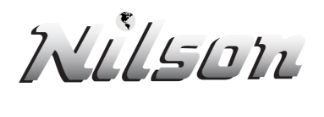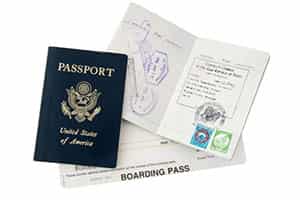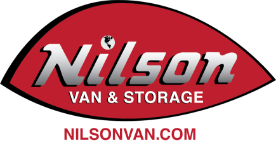You’ll be surprised at all the resources available when you’re moving in the military.

Moving in the military can feel like quite an ordeal. Not only are you being jerked from your home and tossed into some new location, but you may also be dealing with new responsibilities and risks on the job. Worrying about where to put grandma’s heirloom dining set probably isn’t your first concern, but it is an issue many service members deal with. Sometimes, you just own too much to move to each of your assignments. If your move is temporary, however, storage can be a big benefit.
There are two basic types of storage available to military families:
- Storage In Transit is for short-term storage. It’s meant for storage during a multi-leg move. For instance, if you have a training assignment in one location before settling in another, you can store your household goods and then have them moved to your final destination once you arrive. Generally, these costs are absorbed into your normal moving expenses.
- Non-temporary storage is for storage needs of six months or longer. The military will pay for your long-term storage, as long as you apply for it in the right way. Your movers are the experts in navigating these issues, but make sure you give them enough time to help you. Most storage requests have to be put in a month or more before you move. As for your belongings, they’ll be placed in a secure, temperate-controlled location for as long as needed.





